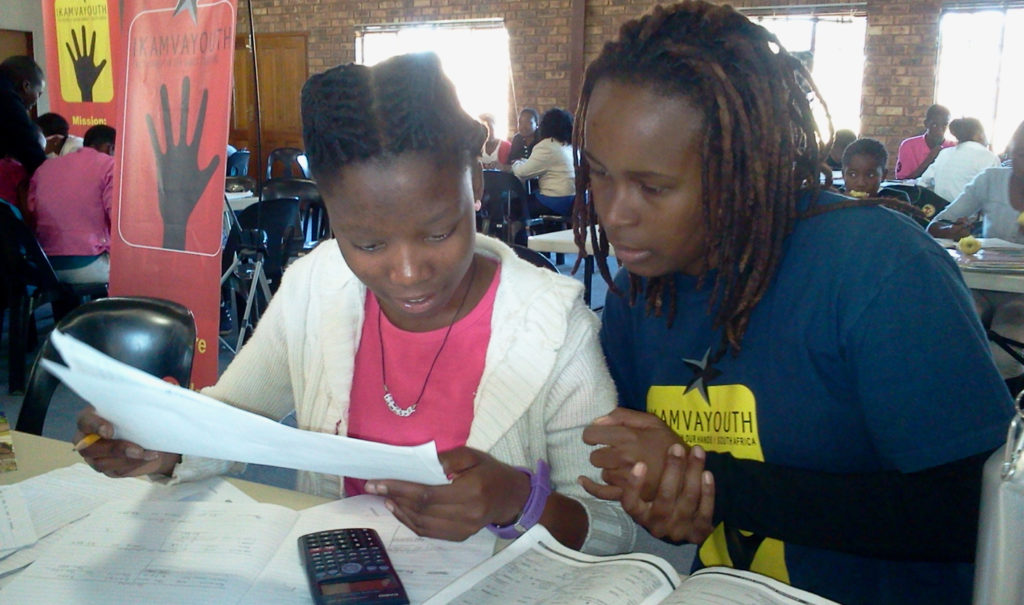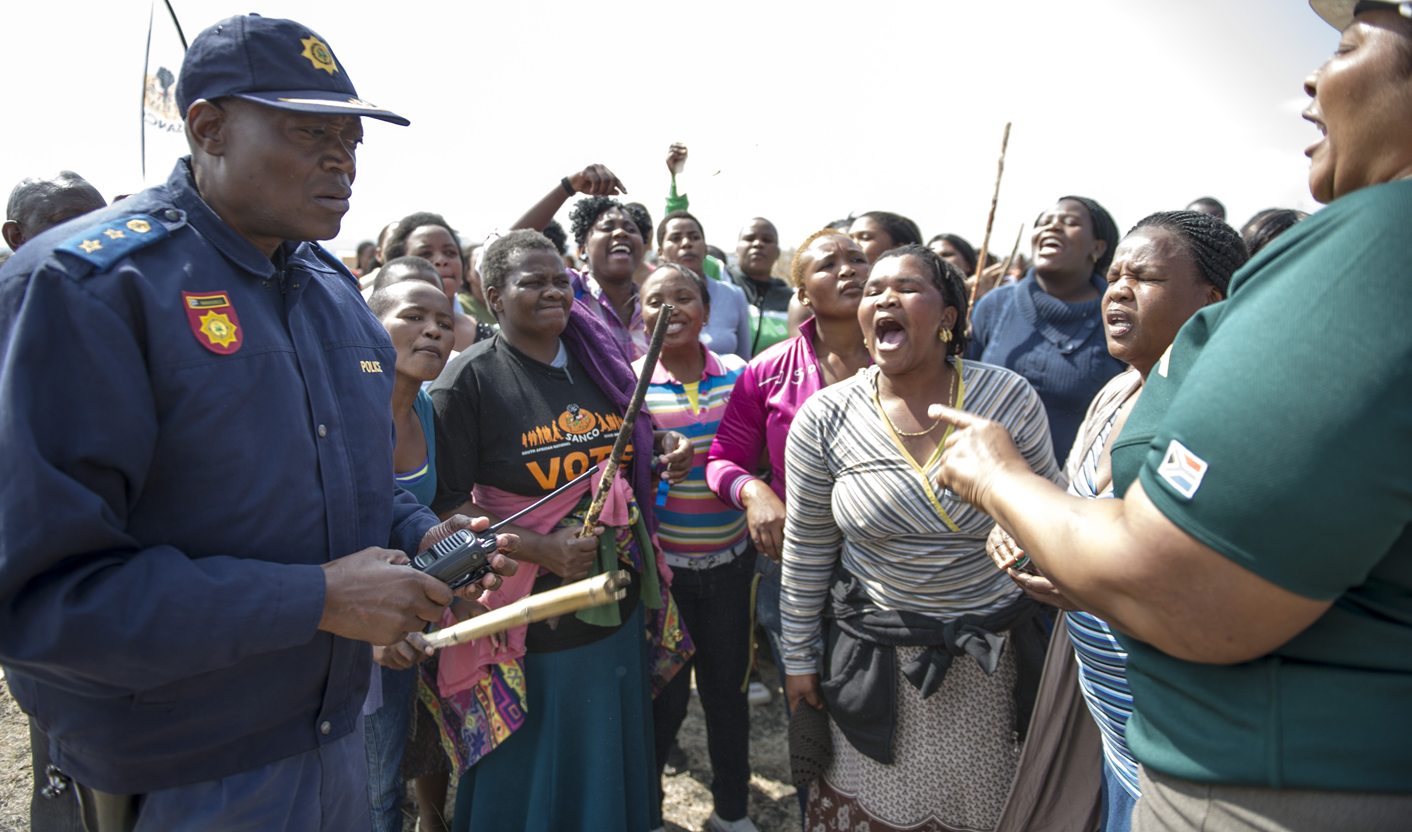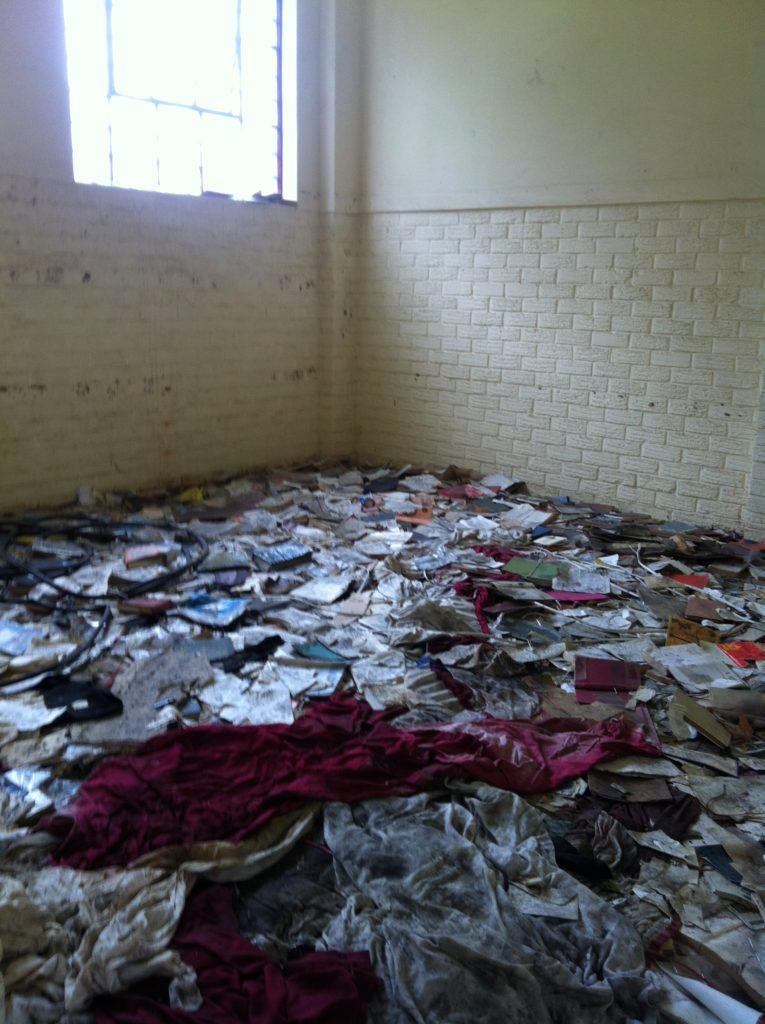
The ticket to ride
I now have the ticket
to improve my life and
one day be able
to take care of my family
So says Asanele Swelindawo
an orphan who managed
to get three distinctions
in our much-maligned Matric
She is an Ikamva Youth member
a by-youth for-youth
volunteer-driven initiative
just up your street
The ticket to ride
at the end of it all
a stairway to heaven
folks would have it
(Zero to hero turnaround
out at Peak View High)
Though experts have it
that our matric ticket is one
loaded with mediocrity
(quality over quantity
the new post-apartheid
standard grade of life )
The ticket to ride
in the context of
our country gone
to the (pampered) dogs
(our girl-child illiterate
and barefoot and pregnant
out here in darkest Africa)
The future is in our hands
says Ikamva Youth
Is it in yours
An email missive tells it all: “IkamvaYouth learners from township schools achieve 100% pass rate with 91% eligible for tertiary education” (www.ikamvayouth.org); and the Argus “Zero to hero turnaround” and its Comment “Quality over quantity?” (Friday, Jan 4 2012).
(Photo Credit: Jon Pienaar / Daily Maverick)








